Allegations of sexual misconduct strike Polish Cycling Federation
Cycling body plunged into chaos amidst audit into finances
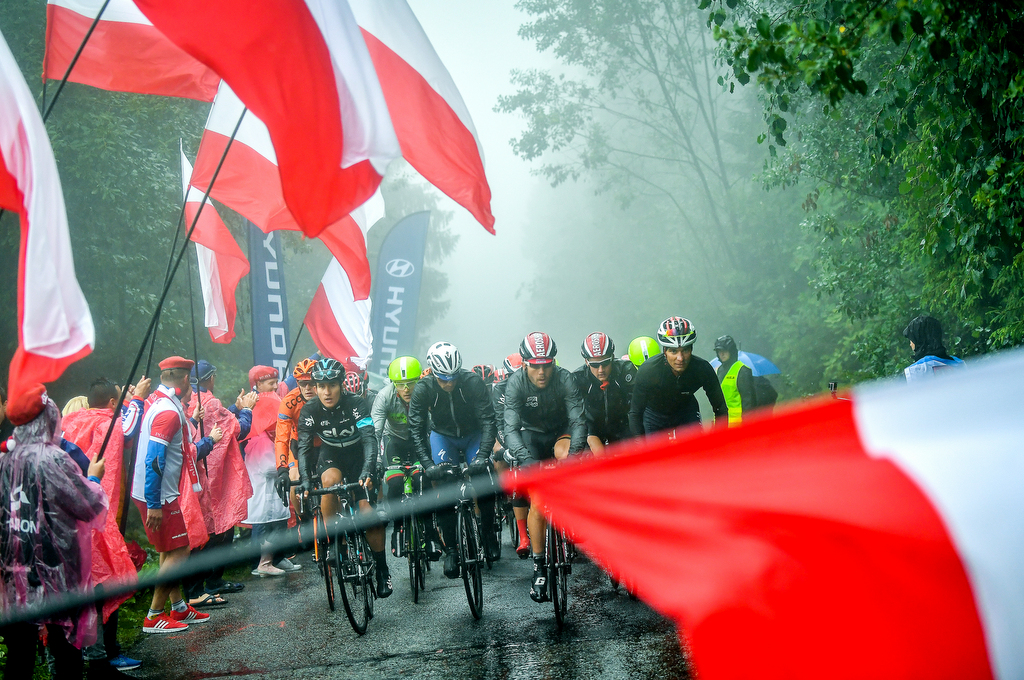
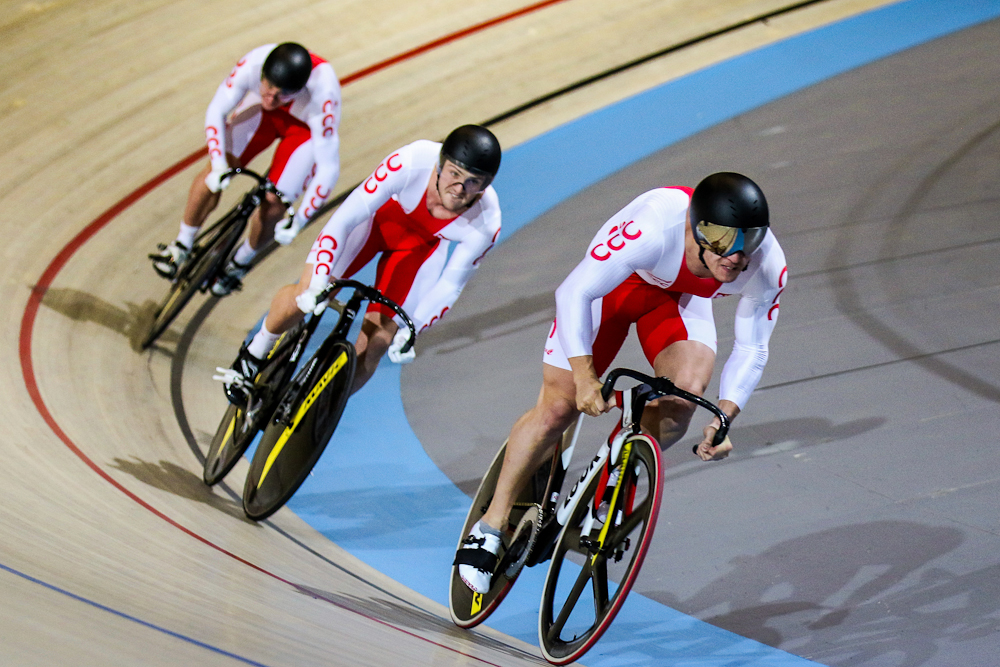
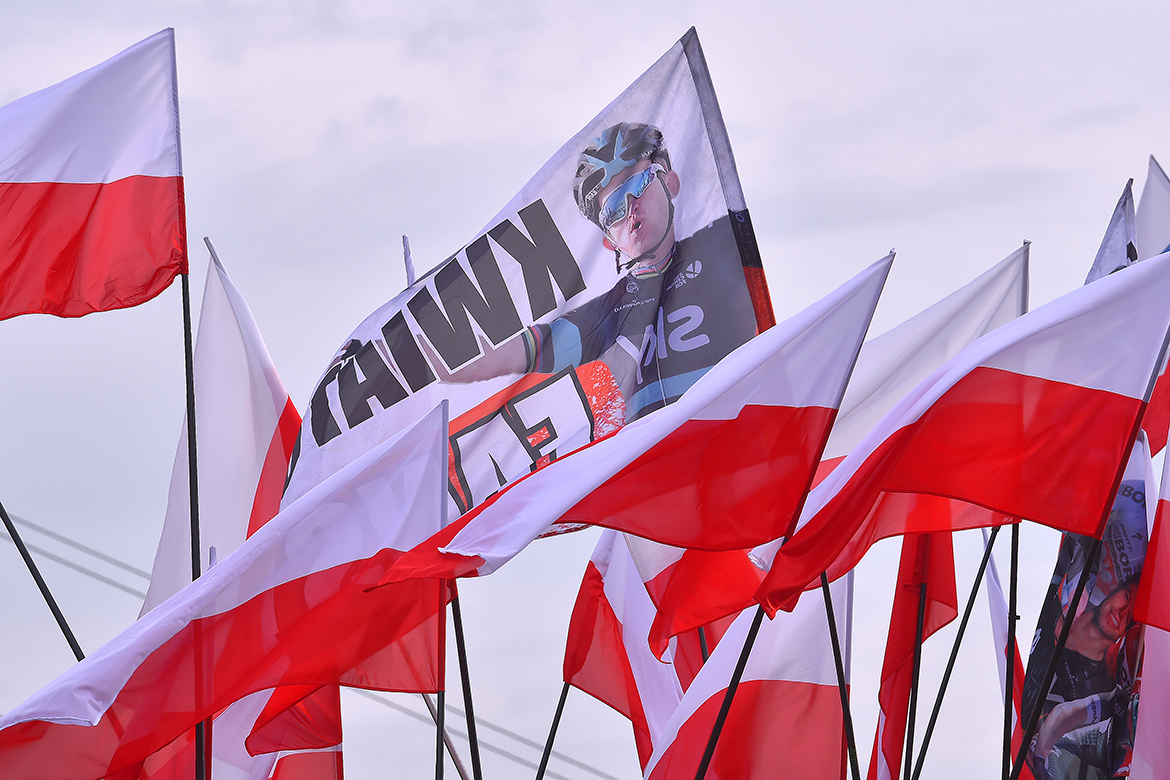
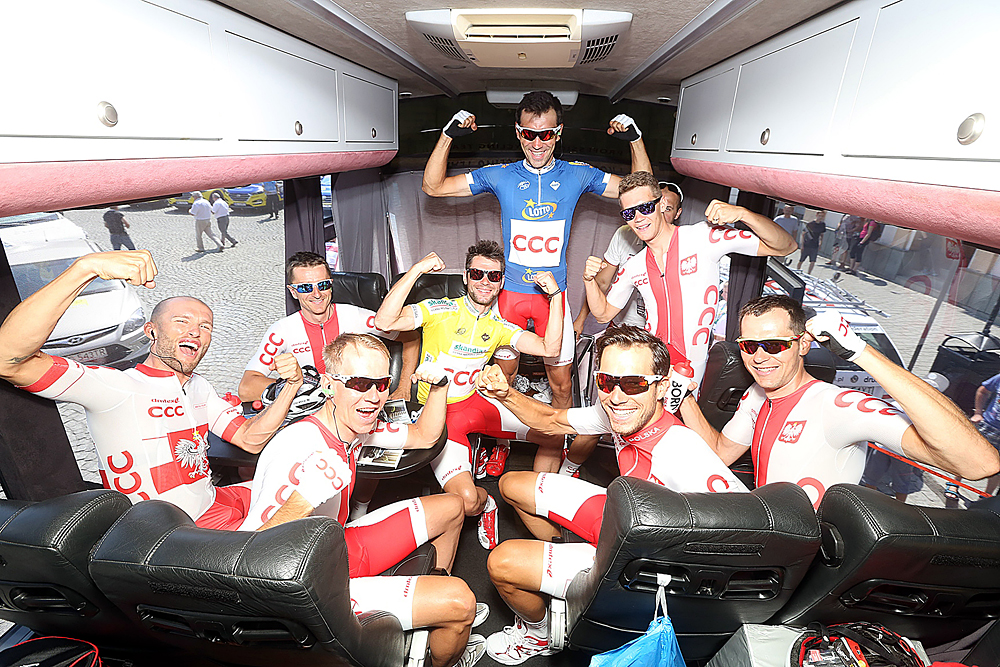
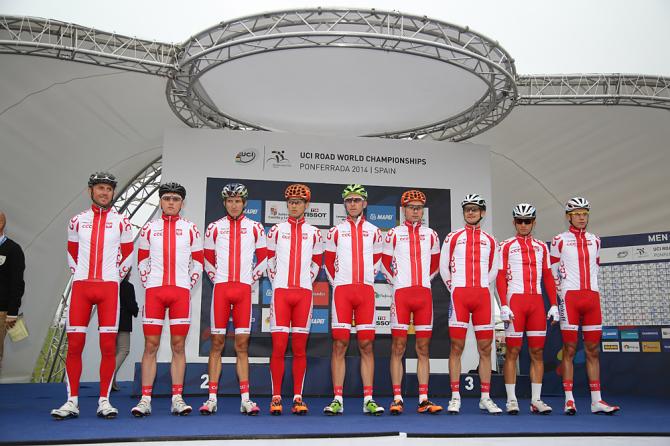
The Polish Cycling Federation has been rocked by accusations of sexual misconduct and fraud by a former key figure, leading to conflicts among its top officials.
A recent audit launched by the current president Dariusz Banaszek has brought to light not only proof of financial malpractice [of] by a "key figure in the cycling environment" but also allegations of sexual misconduct, including rape and sexual intercourse with riders, some allegedly while those riders were minors.
The allegations were made public on Saturday by Piotr Kosmala, a former team manager, executive board member and ex-vice president, who disclosed the findings of the audit to the news website Sportowe Fakty.
Cyclingnews understands that allegations made in the interview date back approximately a decade and involve a prominent person in Poland's cycling structures, an ex-employee of the Polish Cycling Federation.
According to Kosmala, the material gathered by auditors contains testimony of an attempted rape of a victim who claims to have been given alcohol and sleep-inducing drug before the incident.
Kosmala refused to name the accused but said the investigation highlighted practices of fraud and intimidation, saying about the accused official: "He would tell co-workers and staff that if they disobey, he will make sure they never find a job within the cycling industry. He would tell female riders they won't take part in key events, such as World Championships or Olympic Games. Disobedience meant cutting the pay, too," he said, citing knowledge of the report.
"He would take illegal provision from contracts and prizes. Illegal, because there was no bank transfers, no contracts, no signatures. At first, it was 20 per cent, later 50 per cent."
Get The Leadout Newsletter
The latest race content, interviews, features, reviews and expert buying guides, direct to your inbox!
Sportowe Fakty spoke to the accused ex-official on Monday and ran a short interview, while not disclosing his name due to the ongoing investigation. He denies all accusations.
"I'm shocked. I don't know what to say. The only thing that comes to my mind is that somebody is trying to destroy me," he was quoted as saying.
Kosmala described the issues brought up by the report as "the tip of an iceberg" and said that he decided to speak up, knowing the case has been taken up by the authorities.
"There are testimonies of people who quit the sport because of that. They had enough of intimidation, stress, they didn't agree to be a part of all that. They are afraid to take phone calls, [in the report] there are descriptions of mental breakdowns, family problems," Kosmala revealed.
Zero tolerance from the ministry
The Polish Ministry of Sport and Tourism issued an official statement on Saturday, confirming that representatives of the auditors presented evidence, apparently including affidavits from victims, to one of its departments a number of days before the publication of the interview. It said that these have been immediately escalated to the country's prosecutor office.
Poland's Minister of Sport and Tourism Witold Banka on Friday suspended the last instalment of funding for the federation, 500,000 zlotys (€118,000), his spokesperson confirmed.
On Saturday, following the publication of the interview, Banka took to Twitter, calling on the entire board of the federation to resign, and threatening to pursue legal means to install governmental oversight of the federation.
"In light of this situation, I call upon the whole executive board to resign. Otherwise, following the procedures, I will ask the court to suspend it and establish a commissioner," he wrote, quoting an official statement of the ministry.
According to Polish Sports Law, the minister has the power to suspend the national federation board if "actions of the Polish sports federation violate the law, its own charter or internal regulations". The procedure involves introducing a commissioner to manage the federation and conduct new elections within six months.
The action by the Polish sports ministry could, however, fall foul of the UCI Constitution which, in articles 6.6 and 6.7, obliges all national federations to "manage their internal affairs with total independence and ensure that no third party interferes in their operations." The document clarifies that "the national federations shall not allow governments and other public authorities to appoint members of the governing bodies of a national federation" and notes that the UCI will not recognise representatives elected and decisions taken in this instance.
Banaszek and three other members of the board issued a statement on Sunday, claiming that they have no knowledge of the audit's content and that they have not broken any regulations - a provision which would allow the minister to suspend the board. They further stated that a special delegates assembly, gathering on December 22, will decide the future of the board, indirectly refusing to resign.
Five other members have not signed the statement, while on Monday one of the signatories resigned.
Success not backed by transparency
Cycling has been on the rise in Poland in recent years with bicycles becoming an increasingly popular mode of transport. Local structures have for years struggled with a lack of funds, yet manage to produce some talented riders.
Some of these, who pursued their careers abroad, made a name for themselves - Michal Kwiatkowski won the World Championships in 2014, Rafal Majka took third in Vuelta a Espana 2015 and claimed bronze in the Olympic Games, while Katarzyna Niewiadoma joined the world's best women racers. There has also been considerable success on track - mostly in junior and U23 categories, for example by Katarzyna Pawlowska, Wojciech Pszczolarski or Adrian Teklinski. Finally, Maja Wloszczowska has drawn constant attention to MTB racing over the years, collecting two Olympic silver medals in cross-country races.
Fossilised structures and an underdeveloped system at home was meant to change with Banaszek taking the helm of the federation in January 2017, after a landslide victory. Success slowly allowed the federation to attract sponsorship - the Ministry of Sport and Tourism recognized cycling as one of the key disciplines and offered financial support of around 14 million zlotys (€3.3 million) for 2017 alone. Two other main sponsors - shoe manufacturer CCC and Central Europe's largest petrol refiner PKN Orlen - contributed 1.5 million and 2.5 million respectively, making up a budget of approximately 18 million zlotys (€4.3 million).
Beneath the rosy exterior, however, there were serious financial issues. The federation owes over 9 million zlotys (approx. €2.14 million) to the construction company Mostostal for construction of the velodrome in Pruszkow, which was built back in 2008-09. The debt, with interest rates, has been the major drawback in setting the development agenda, and while attempts to solve the issue and repay it in instalments have been made, none has succeeded so far.
The situation soured in early November and Dariusz Milek, CEO of CCC, demanded Banaszek's resignation over his management style. In the media battle that followed, the current president was accused of not following the procedures, not consulting the executive board on decisions, and signing up to organise the 2019 World Track Championships despite the board allegedly advising him otherwise due to the significant costs.
Banaszek, who in the process fired two national team coaches and a sports director, refused to resign, accusing Milek of attempting to control the federation. Milek swiftly ended his sponsorship, while further conflicts brought up the issue of the audit - ordered by Banaszek and later stopped "due to exceeding of its mandate".
As two vice presidents - Kosmala and Adam Wadecki - resigned over the issue, the federation made further headlines and drew the attention of the main sponsors. As PKN Orlen stopped its funding and demanded explanations after CCC's departure, the board only managed to agree upon calling the general delegates to an assembly to decide its future.
The deadlock continues - Banaszek refuses to resign and is supported by a number of local organisations who praise him for standing up to Milek. Meanwhile, neither Orlen nor the ministry is eager to fund the federation while its current board is in place amid allegations of misconduct, while the threat of governmental intervention leaves little clarity over the future of the discipline in Poland.